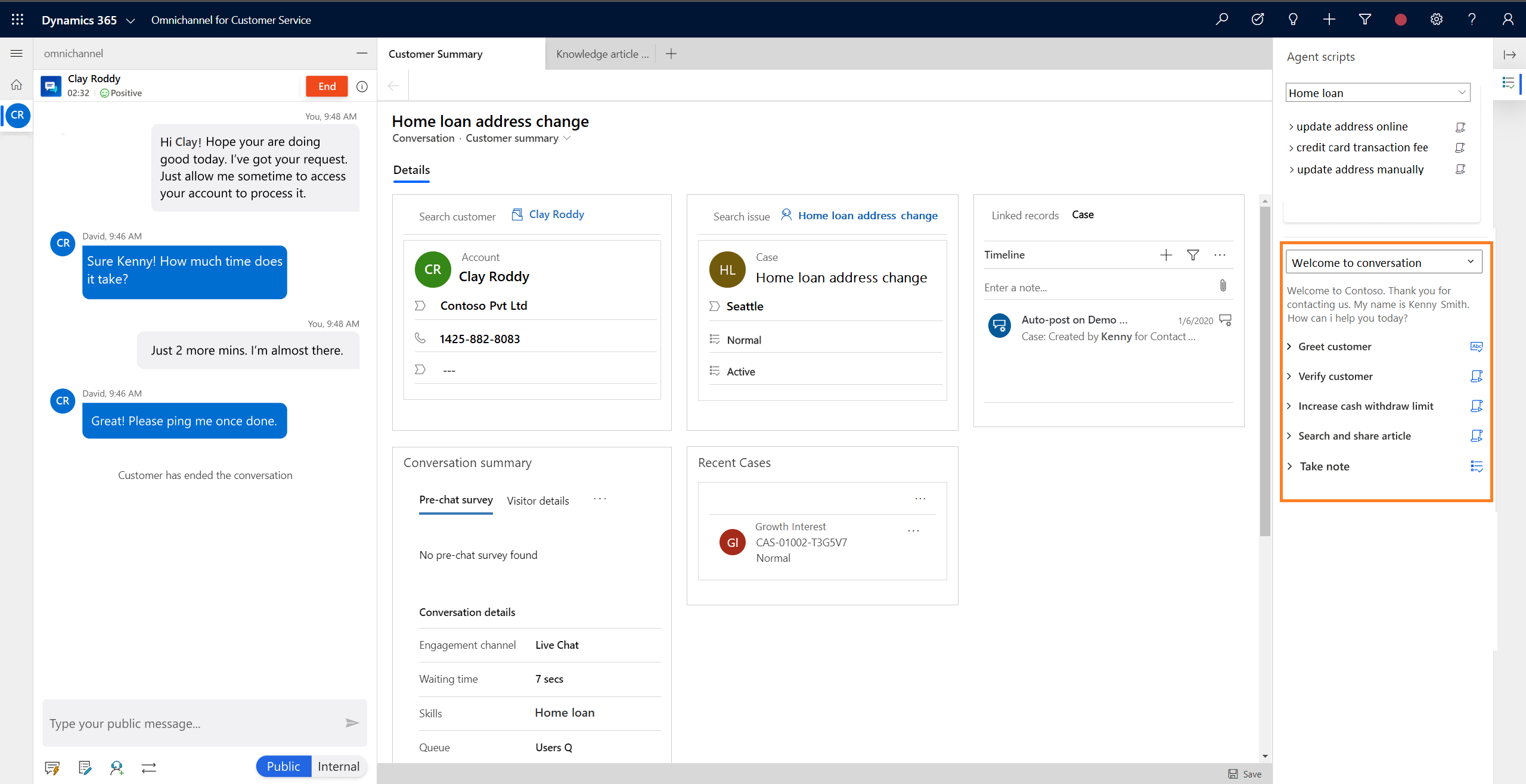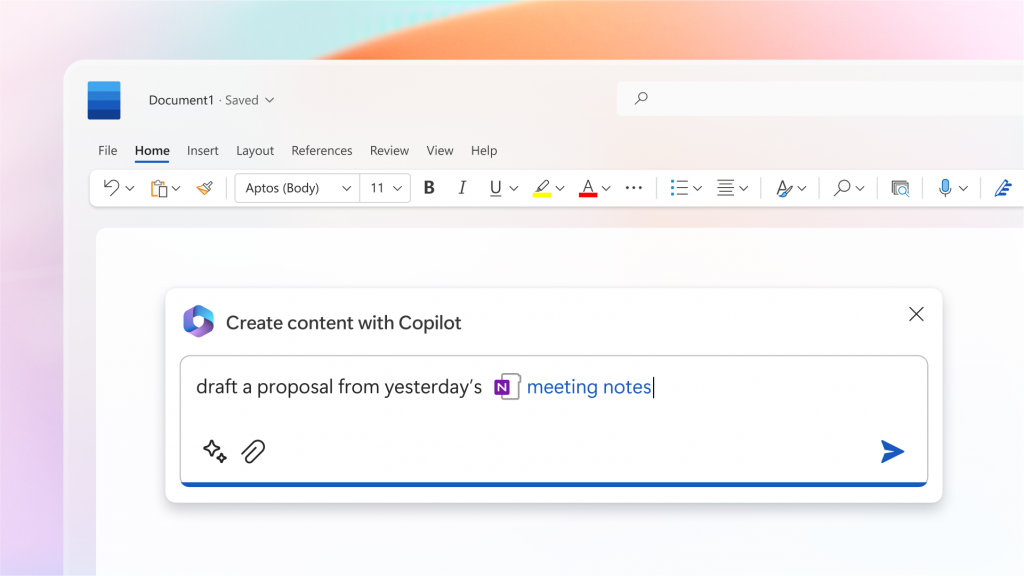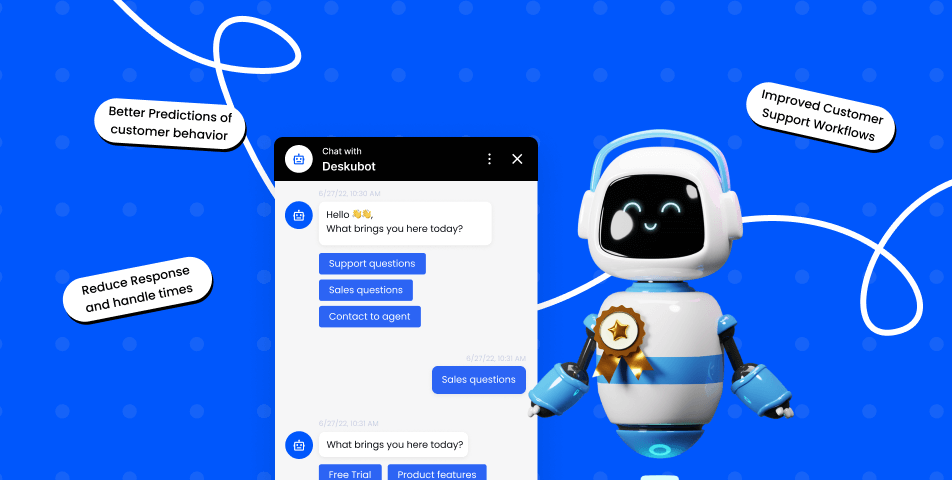Microsoft Renames Customer Service Tools To Align With AI-First Vision
The customer service industry is currently undergoing a significant transformation, largely driven by AI-powered tools such as Microsoft Copilot. These innovative solutions are reshaping the way businesses engage with their customers by streamlining operations, automating routine tasks, and delivering faster, more accurate responses.
Standardizing Terminology for Clarity
As AI technology continues to advance, maintaining clarity in terminology is crucial to prevent confusion between human representatives and AI-driven systems. In response to this need, Microsoft has decided to rename key service tools and redefine its language concerning AI and human roles. By using terms like "AI agent" for autonomous bots and "customer service representative" for human support staff, Microsoft aims to ensure a consistent and user-friendly experience across its platforms.

Updates Aligning with AI-First Vision
These updates are in alignment with Microsoft's AI-first vision, designed to create a more intuitive and efficient service environment. As businesses increasingly adopt AI, clear and precise language will be essential in fostering seamless collaboration between human agents and AI-driven solutions.
Key Changes Being Implemented
To support Microsoft's AI-first vision, the following key updates are being made:
- Introduction of the term "AI agent" specifically for fully autonomous AI-driven assistants.
- Referring to human consultants as "customer service representatives" to emphasize the human aspect of customer service.
- Using shorter alternatives like "service representative" in certain contexts for simplicity.
- Renaming features within Dynamics 365 Customer Service that previously included the term "agent" to ensure consistency.
Enhancing Clarity and Consistency
These changes are essential for eliminating confusion and accurately reflecting the usage of tools in real-world customer service scenarios. By enhancing clarity across marketing materials, documentation, and user interfaces, Microsoft is setting a new standard in how human support roles are defined within the customer service landscape.

Looking Towards the Future
Microsoft's decision to standardize the term "customer service representative" for all human roles signifies a significant shift towards clear differentiation between automated and human-driven interactions. This update acknowledges the various responsibilities within customer support and ensures that businesses and customers can easily recognize the nature of their interactions.
Adapting for an AI-Integrated Future
While the term "agent" has been widely used in the industry, Microsoft's initiative to redefine terminology reflects its commitment to a more AI-integrated future. By differentiating AI agents from human professionals, Microsoft is paving the way for a seamless integration of AI-powered tools like Copilot while upholding the human element in customer service.

These updates are set to be implemented by the April 2025 Wave, ensuring that all materials and platforms reflect the new terminology. For businesses with customized app names, existing customizations will remain unaffected. However, if desired, updates to app names, descriptions, or icons can be made using the App Designer.
It's important to note that the product names for Dynamics 365 Customer Service and Dynamics 365 Contact Center will remain unchanged, providing continuity for users in these areas.










